
Gone are the days of waiting rooms filled with sniffling patients and traffic jams on the way to the doctor's office.
Read more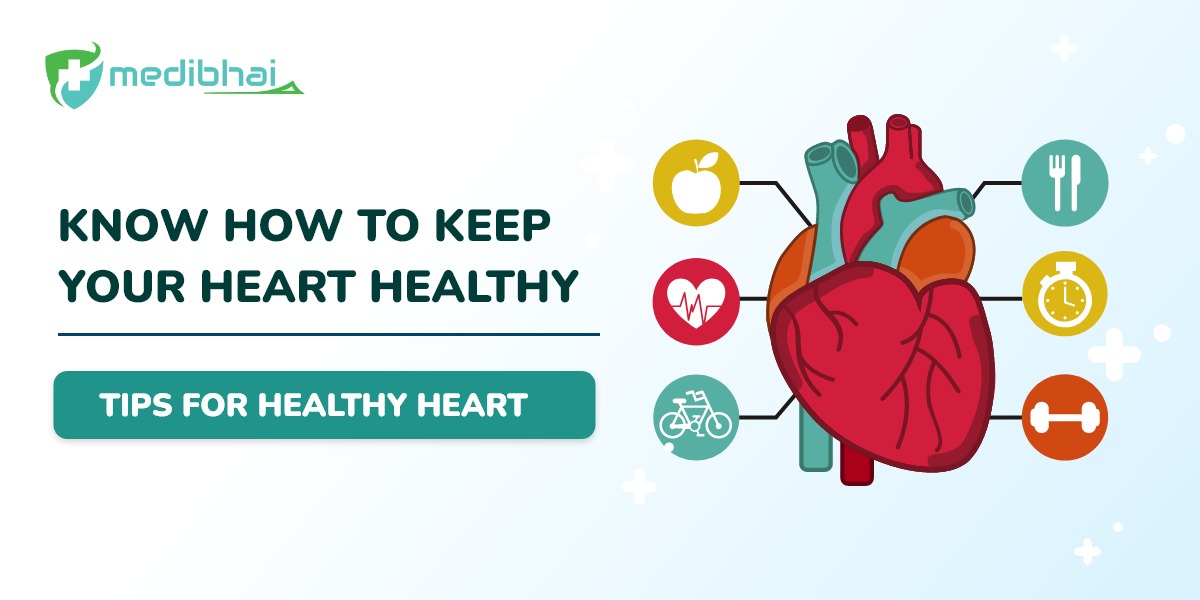
Discover essential tips to nurture a healthy heart: from a balanced diet.
Read more_2023-07-07-11-56-52.jpeg)
Hormones are our body’s chemical messengers.
Read more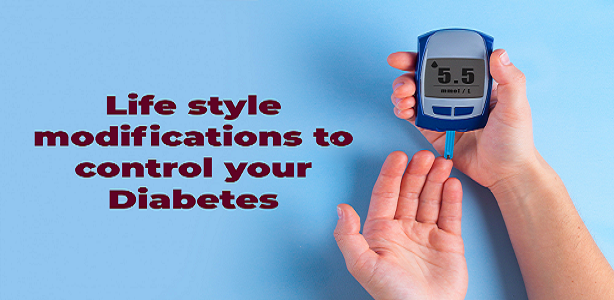
take a preventive steps to control diabeties
Read more
Experiencing bloating, cramping, and fatigue during the week or so before your period is often due to fluctuating hormones. Your diet can play an important role in alleviating these and other
Read more
Once you start eating, it takes about 20 minutes for the satiety center in the brain to get stimulated. When this center is stimulated, it sends a signal to your body telling that you are ful
Read more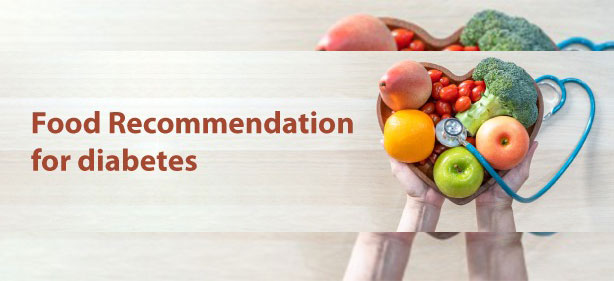
A diet of largely low glycemic index foods reduces the risk of heart disease and diabetes and since they help you feel full it’s easier to sustain weight loss. If you do have diabetes.
Read more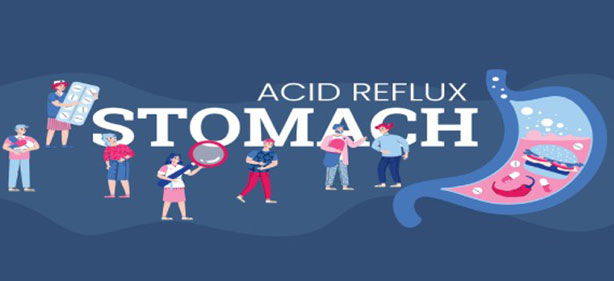
Acid reflux occurs when there is acid backflow from the stomach into the esophagus. The foods you eat affect the amount of acid your stomach produces. Eating the right kinds of food is key t
Read more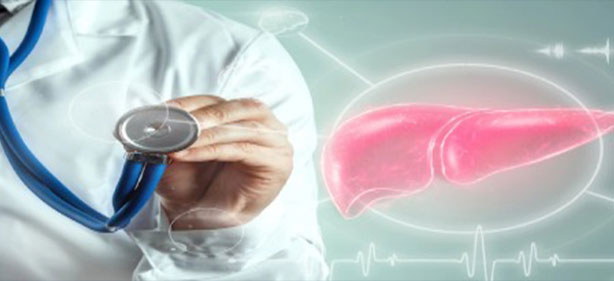
The liver is a major organ which performs many essential biological functions such as detoxification of the organism, and the synthesis of proteins and biochemicals necessary for digestion an
Read more
People with diabetes have a higher chance of having periodontal (gum) disease, an infection of the gum and bone that hold the teeth in place. Periodontal disease
Read more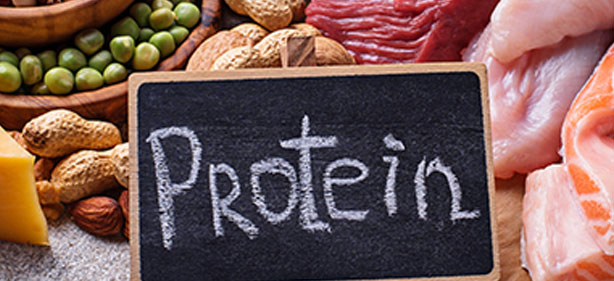
Digestive enzymes are proteins that break down nutrients from food into smaller particles for absorption. There are digestive enzymes in the mouth, stomach and small intestines.
Read more